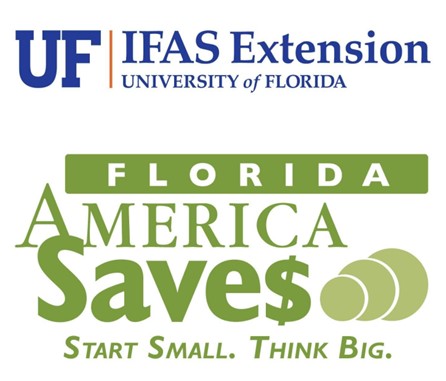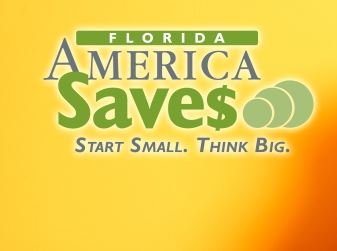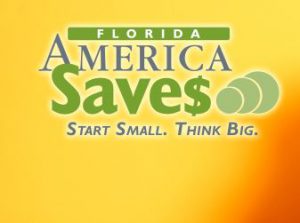
by Laurie Osgood | Apr 1, 2021
 April is designated as National Financial Literacy Month to increase awareness about financial literacy, especially with the Coronavirus (COVID-19) causing economic worry for families across the United States. When it comes to financial literacy, knowledge is power!
April is designated as National Financial Literacy Month to increase awareness about financial literacy, especially with the Coronavirus (COVID-19) causing economic worry for families across the United States. When it comes to financial literacy, knowledge is power!
Consumer debt has become a major challenge for families. If you owe money to multiple creditors, managing this debt can be overwhelming. Many Americans have more debt than they can afford to pay. Developing strategies for overcoming this challenge is essential. These strategies should include building financial knowledge, developing a budget, and setting savings goals to improve your financial outlook.
Financial literacy means understanding how to save, borrow, invest, and care for your money, leading to greater financial well-being. Research has shown that our physical health and well-being are directly linked to our financial health and well-being.
Florida Saves is a statewide initiative that helps inspire Florida families to set savings goals, lower debt, and build personal wealth. The Florida Saves pledge, located on the Florida Saves website, can help us establish personal financial goals. With this pledge, you’re making a commitment to work toward a savings goal, such as college tuition, an emergency fund, or down payment on your first home. Visit the Florida Saves Initiative website to learn more about financial literacy.
Whatever your savings goals are, becoming financially literate can help you achieve those goals. For more information about financial literacy and management, please contact your local UF/IFAS Extension Agent.
Extension classes are open to everyone regardless of race, creed, color, religion, age, disability, sex, sexual orientation, marital status, national origin, political opinions, or affiliations.

by Judy Corbus | Feb 27, 2018

Photo Source: University of Florida
It’s tax time, and many of us will be seeing refund checks soon—time to celebrate!
Now, what are you going to do with all that extra cash?
Maybe you have some bills to take care of, and it’s certainly a good idea to get those off your plate. But after that, let’s say you have some money left over. What then?
Think about putting those extra dollars in a savings account. Or, if you don’t have a savings account, open one. Even if it’s just $100, that first deposit could be the start of a lifelong savings habit.
Which brings us to another question: Why is it important to save?
Let me answer that question with another question: If you had to cover a $1,000 unexpected expense today, could you do it?
These little emergencies come up all the time. Your car needs repairs. You get sick and miss work. You have to travel out of state unexpectedly. These challenges are just part of life, but you can be prepared to meet them.
That $100 you tuck away is not much now, but consider this: If you saved $100 each month for a year, you’d have $1,200 in your bank account. That’s a good financial cushion that can keep you afloat when the unexpected happens.
Need a little encouragement to stick to the savings habit? The Florida Saves Pledge (floridasaves.org) is a great tool for setting financial goals. With this pledge, you’re making a commitment to work toward some type of savings objective, such as an emergency fund, a down payment on a house, or even retirement.
As a Family and Consumer Sciences Agent in Washington and Holmes Counties, part of my job is to help our community members learn to take charge of their money. In fact, there are people like me all over the state helping their neighbors with everything from horticulture to nutrition and youth development. We’re a network of experts who make up the University of Florida’s Institute of Food and Agricultural Sciences Extension. And we’re here to help, today.
For more information, contact your local Extension Office.

 April is designated as National Financial Literacy Month to increase awareness about financial literacy, especially with the Coronavirus (COVID-19) causing economic worry for families across the United States. When it comes to financial literacy, knowledge is power!
April is designated as National Financial Literacy Month to increase awareness about financial literacy, especially with the Coronavirus (COVID-19) causing economic worry for families across the United States. When it comes to financial literacy, knowledge is power!

